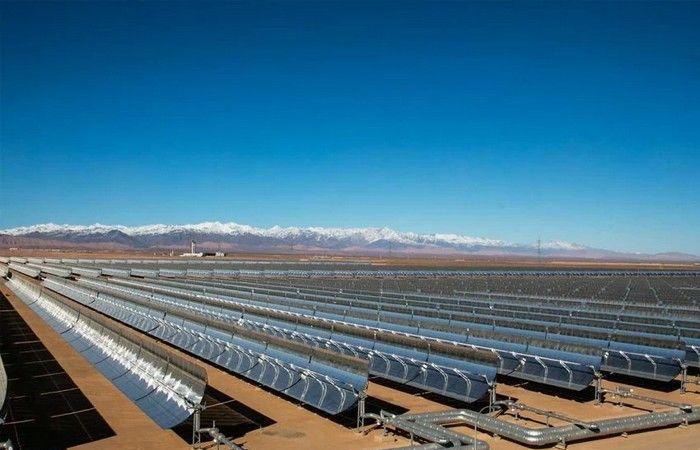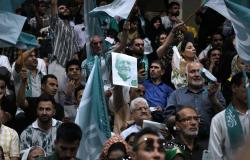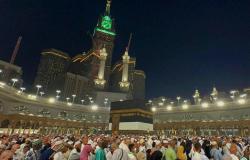Morocco has made notable progress in the field of energy transition, positioning itself at the top of the Maghreb countries according to the report “Fostering effective energy transition 2024” from the World Economic Forum.
The country ranks 65th out of 120 in the Energy Transition Index (ETI), with a score of 54.9. With a system performance score of 60.5 and a readiness score of 46.5, Morocco demonstrates its commitment to improving its energy infrastructure, investing in renewable energy and implementing policies favorable to the energy transition. This positioning is particularly remarkable compared to other Maghreb countries. Tunisia, which ranks 89th globally, has a system performance of 57.1 and readiness of 42.6, while Algeria, ranked 91st, has scores of 65.1 for system performance and 29.7 for readiness. preparation. Mauritania and Libya do not appear in this overall ranking.
The Energy Transition Index assesses countries on several criteria related to the performance of their energy systems, including equity, sustainability, security, as well as their ability to prepare for the energy transition. This readiness is measured based on various elements such as legal and regulatory frameworks, infrastructure, innovation, education and human capital, as well as financial aspects and investments.
The report states that the Middle East, North Africa and Pakistan region has seen its position decline due to sustainability challenges faced. Despite high potential in solar energy and successes in some countries, this region continues to have high energy consumption rates and lags behind in the integration of renewable energy compared to other regions. Morocco, on the other hand, has made ambitious commitments to strengthen its energy transition.
Morocco has implemented several initiatives to promote the energy transition. Investment in solar and wind power is notable, as are policy reforms to reduce fossil fuel subsidies. These actions are essential to promote a more sustainable and equitable energy system. Additionally, Morocco stands out for its commitment to improving the education and skills needed to support this transition. The report mentions that “human capital development, where clean jobs account for more than half of all energy-related jobs” is crucial to moving in this direction.
It is worth noting that the kingdom aims to increase the share of renewable energy in electricity production to 52% by 2030, placing it second among Arab nations for this goal. Data from the “Taqa” platform reveals that Morocco has already reduced the proportion of fossil fuels in its energy mix, from 82% in 2022 to 79% in 2023. Coal, although dominant in electricity production, saw its share decrease to 64.46% in 2023, compared to 70% the previous year.
The document highlights that despite the progress, challenges remain for Morocco. The country needs to strengthen its investments in energy infrastructure and improve access to clean technologies. However, Morocco’s potential to “leapfrog” directly to modern, clean energy systems is a significant opportunity. The report states that “capital investments in clean energy infrastructure have also increased, reaching $1.8 trillion in 2023.”
Morocco, as a leader in this region, must continue to attract investments and strengthen public-private partnerships to improve its infrastructure and diversify its energy mix. Efforts to develop local clean energy resources and improve energy efficiency are essential to maintaining this positive momentum.
Global policies, such as those discussed at the 28th Conference of the Parties (COP28), have a significant impact on national strategies. Morocco, aligned with these global objectives, seeks to triple its renewable energy capacity and double its energy efficiency by 2030
Thus, the Kingdom is positioning itself as a key player in the region’s energy transition, combining ambitious objectives with concrete actions to reduce its dependence on fossil fuels and promote the integration of renewable energies.






